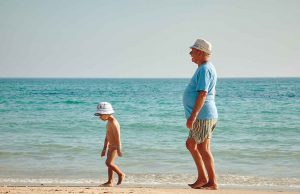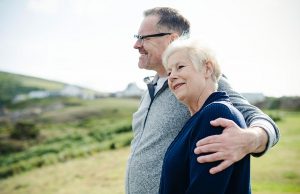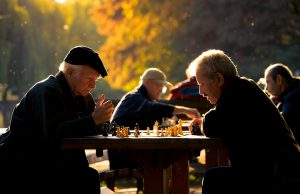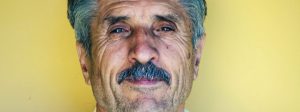
- Make a habit of exercising—keeping up with exercise throughout life can slow down aging, according to new study.
- More specifically, older adults who exercised for most of their lives aged at a significantly slower pace than those who didn’t exercise regularly.
- They realized this after studying 125 amateur cyclists between 55 and 79 years and comparing them with other adults who did not exercise regularly.
- The team made several observations: one being, those who exercise regularly do not lose muscle mass or show increased levels of cholesterol, which often occurs with age.
- All in all, exercising throughout life can benefit us in old age and we should make a bigger effort to prioritize it.
Quick Summary
New research from the University of Birmingham and King’s College London says that exercising regularly throughout life doesn’t just keep your body healthy, it keeps it young. More specifically, this study “Major features of immunesenescence, including reduced thymic output, are ameliorated by high levels of physical activity in adulthood” found that older adults who exercised for most of their lives aged at a slower pace than those who did not exercise regularly throughout life.
Investigation
To reach these findings, the research team recruited 125 amateur cyclists who were between the ages of 55 and 79. Eighty-four of these participants were male, who were required to cycle at least 100 km in 6.5 hours, and 41 were female, who were required to cycle at least 60 km in 5.5 hours. Furthermore, these individuals were in exceptionally good health, as heavy drinkers, smokers, and those with high blood pressure were not allowed to participate.
The study participants described above went through a series of tests, and their results were compared with those of 75 adults between the ages of 57 and 80, as well as 55 young adults between the ages of 20 and 36, who did not exercise regularly but were otherwise healthy.
Findings
Upon analysis, the researchers made a few significant observations:
- Those who exercise regularly do not lose muscle mass or strength
- They also didn’t show increased levels of cholesterol or body fat, which often occurs with age
- Most surprisingly, they had immune systems that didn’t appear to have aged
The thymus is an organ that makes immune cells (T cells), which help defend our bodies against deadly bacteria, viruses, and fungi. Typically, our thymus begins to shrink at the age of 20 and make less T cells and continues to do so as we get older; however, the active individuals in this study showed very active thymuses, which were making just as many T cells as thymuses in the younger participants.
Implications
Less than half of individuals over the age of 65 exercise enough to maintain a healthy status, in part because they underestimate the power of physical activity in their old age. The researchers note that the active study subjects are healthy because they exercise—not the other way around. Thus, we should all prioritize exercise throughout our lives, and we will benefit in old age.
Resources:
Duggal, N. A., Pollock, R. D., Lazarus, N. R., Harridge, S., Lord, J. M. (2018, March 8). Major features of immunesenescence, including reduced thymic output, are ameliorated by high levels of physical activity in adulthood. Aging Cell. Retrieved on March 12, 2018 from http://onlinelibrary.wiley.com/doi/10.1111/acel.12750/full
Let’s keep in touch! Sign up to receive our newsletter:
Start a Relationship with An Exceptional Counselor
- Skilled and caring professional counselors
- Accepting all major and most insurances
- High-touch customer service & premium benefits
- Same- or next-day appointments
- Ultra-flexible 23.5hr cancellations













